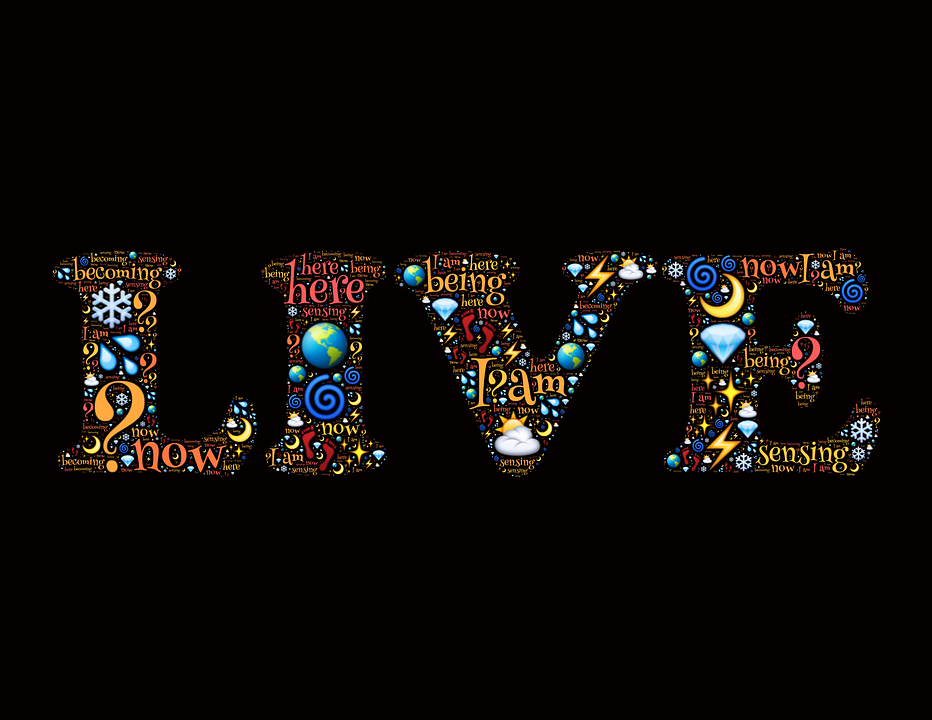I became annoyed, reading James Nelson.
His work is still reverberating through my own research, thoughts, body, 25 years after reading his words.
But James was flip-flopping between sex and the body, alternating between sexual theology and body theology, only to later equate sexual theology with body theology. Reading his last book, I ended up with the distinct impression that there was an unease living in his own body. Theologians (and for that matter therapists) and their bodies, and the naïve idea that their words of theology and counselling are disconnected from the bodies they preach in…
He was spot-on, pioneering embodiment in theology in 1978. Disciplines like sociology, psychology, philosophy and other strands of theology followed track in the late 80’s and 1990’s. But James was first of all a Christian ethicist (sometimes called moral theology), and flip-flopping between sex and the body, illustrated that approach and his own ambiguity. A theology focussing on the sexual conduct of human beings, easily leads down the path of moralism and the policing of the bodies, sexuality and the sexual expression of people. This is what the church did to people like me, people that are different, the Other and I just got tired and irritated by it.
I inserted body theology into the wider context of theological anthropology, which ask questions about personhood: what it means to be a human person, what makes us as humans unique – or not. I eventually developed a model as the embodied sensing of meaning. It is from this perspective that I “do” theology and narrative therapy. My idea of bodytheology (one word) is one with a deep sensitivity for the body and how to make meaning as a person – a theology in the flesh.




